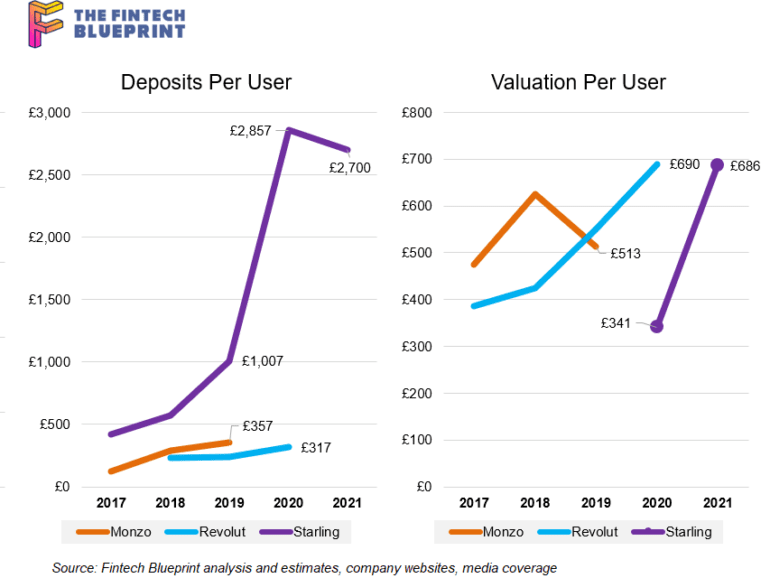The fintech industry urges the government to expedite the procedure, contending that the current legal framework is impeding growth.
When designing an intelligent budget-tracking app, Piere founder and CEO Yuval Shmul Shuminer prioritized functionality, integrations, and meeting the evolving needs of emerging generations. Billed as the“intelligent budget tracker app that’s ready in just two taps,” Piere offers quick functionality and automatic reconciliations and updating.
Card payment fees have been a long-standing issue for businesses. Pay by bank could be a solution. Plaid joins Adyen to make it possible.
The fintech industry is coming up on the tipping point of funding, revenue generation, and user acquisition to rival traditional finance with $20 billion in YTD fintech financing, the several SPACs, and Visa’s $2B Tink purchased. Defensive barriers have eroded.
Let’s take a moment to compare capital. While it is not the money that wins markets, it is the transformation function of that money into novel business assets that does. And while the large banks have a massive incumbent advantage with (1) installed customers and assets, and (2) financial regulatory integration (or capture, depending on your vantage point), there is a real question on whether a $1 generates more value inside of an existing bank, or outside of an existing bank — even when it is aimed at the same financial problem.
Open Finance turns three years in Brazil, and data shows it is growing at a steady pace, with over 40 million consents granted by users.
The results of a recent Axway survey on open banking in America bode well for its adoption stateside. More than half, 55%, have heard of open banking, with 32% believing they have a decent understanding of it.
The open banking industry in the US had a slow start to life, but is shaping up for an exciting 2024. With the first glimpses of regulator support and increasing demand from merchants, Pay by Bank is set to become a serious alternative to mainstream payment methods in the minds of US consumers.
In a long awaited move, the CFPB proposed a rule to improve consumer access to their financial data and drive the shift to open banking.
Plaid is becoming the glue that connects so much in financial services. Here is a rundown of just some of their recent developments.
·
This week, we look at:
How banks and financial advisors have failed to deliver on $1 trillion in capital appreciation for their clients over the last 12 years
The role of bank regulators in the United States, and the tensions between state and federal agencies
How the OCC is laying the groundwork for national banks to custody crypto assets, bank stablecoin reserves, run blockchain nodes, and use crypto payment networks
And instead of financial advisors or other CFAs guiding the retail market in good decision making, a newsfeed of *what’s popular* has driven Apple, Google, Tesla and the other John Galt hallucinations to the stratosphere. Don’t get us wrong. We love the robot as much as the next Fintech commentator. But it is clear to us that “the masses” are not being “advised”. And that the capital appreciation that matters — cementing the next trillion dollar networks for global future generations in work yet to emerge — is misunderstood and misrepresented by most financial professionals to their clients.











